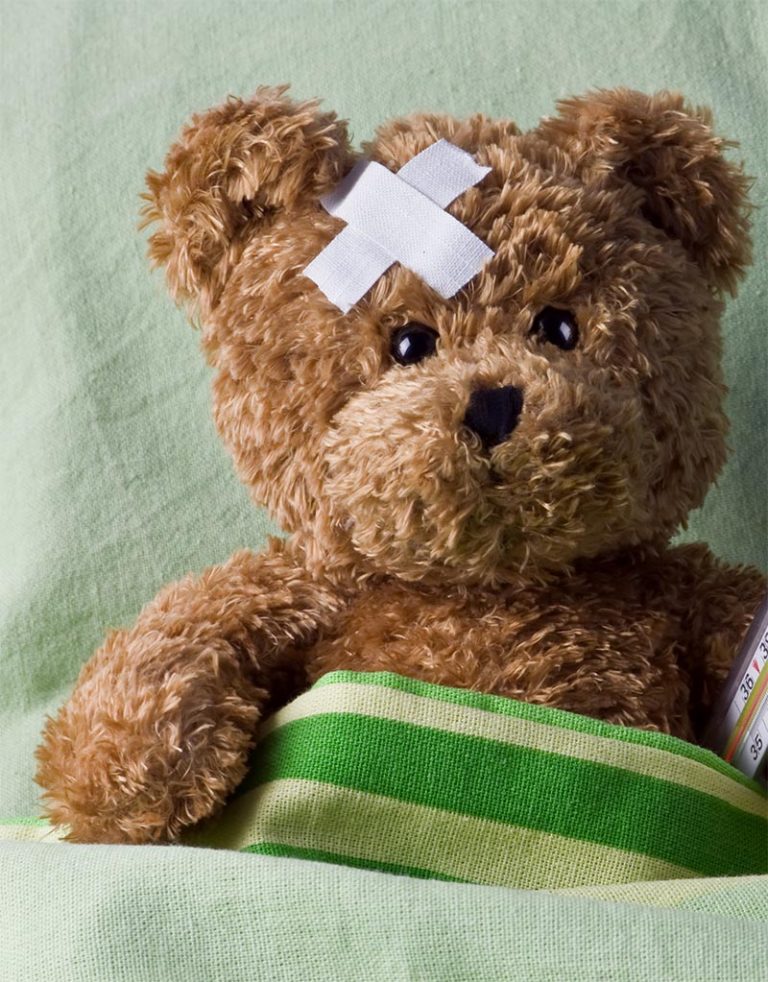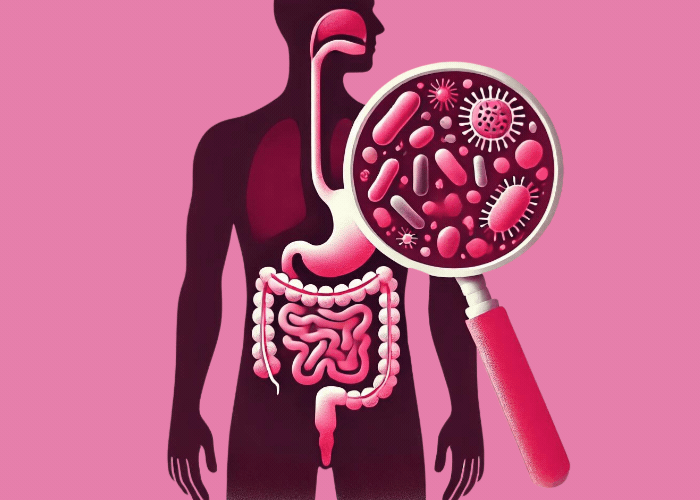Many parents ask themselves: why does it have to be exactly my child? The risk of developing neurodermatitis is strongly associated with the prevalence of allergies in one’s family. The rise in allergies in the western world is also directly associated with a higher occurrence of neurodermatitis. However, the triggers of the disease are often a combination of other factors, such as exaggerated hygiene, passive smoking or high concentrations of pollutants in the air.
Approximately every sixth child at preschool age suffers from neurodermatitis, an atopic barrier function disorder of the skin. The disease is associated with intense itching, rashes, dry skin and inflammation. It can be inherited, but can also be caused or intensified by stress during pregnancy or environmental factors.
Diagnosis: Neurodermatitis
Often parents don’t hear about neurodermatitis the first time they visit the doctor. The problem is that the diagnosis cannot be confirmed until symptoms occur in flares with recurring itching or when the child’s symptoms respond to specific ointments and creams (or don’t). That means: wait and see to begin with, even if that can be very unsatisfying at first. It is a common misconception that a blood sample can immediately prove the presence of the skin disease.
Familial predisposition? Probiotics from the start!
Meanwhile, it has been shown in a whole range of studies that the intake of probiotics can reduce flare-ups of the disease by up to 80%. When there is a true allergic predisposition, neurodermatitis cannot be fully healed. However, it can be suppressed to the point where patients no longer suffer from symptoms. This can be achieved by reducing various disease aggravators such as a dysbiotic gut flora, certain incompatible foods, as well as stress.
Newest scientific findings are especially interesting for future parents which suffer from allergies, asthma or neurodermatitis themselves. It has become possible to protect children from developing an allergic disease before they have even been born. A mother who takes specially selected probiotic strains during pregnancy can significantly reduce the risk that her child will later develop neurodermatitis. As soon as the child finally sees the light of day, leading scientists recommend giving the baby the same probiotic formula for the whole first year of life. This way the child has the best chance to develop a stable immune system and a balanced colonisation of the gut with the optimal symbionts.




























